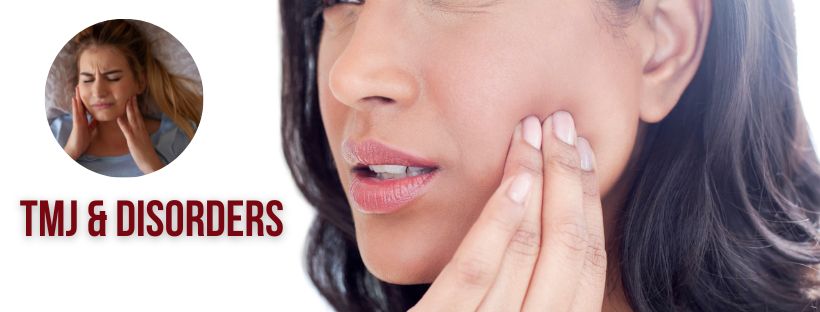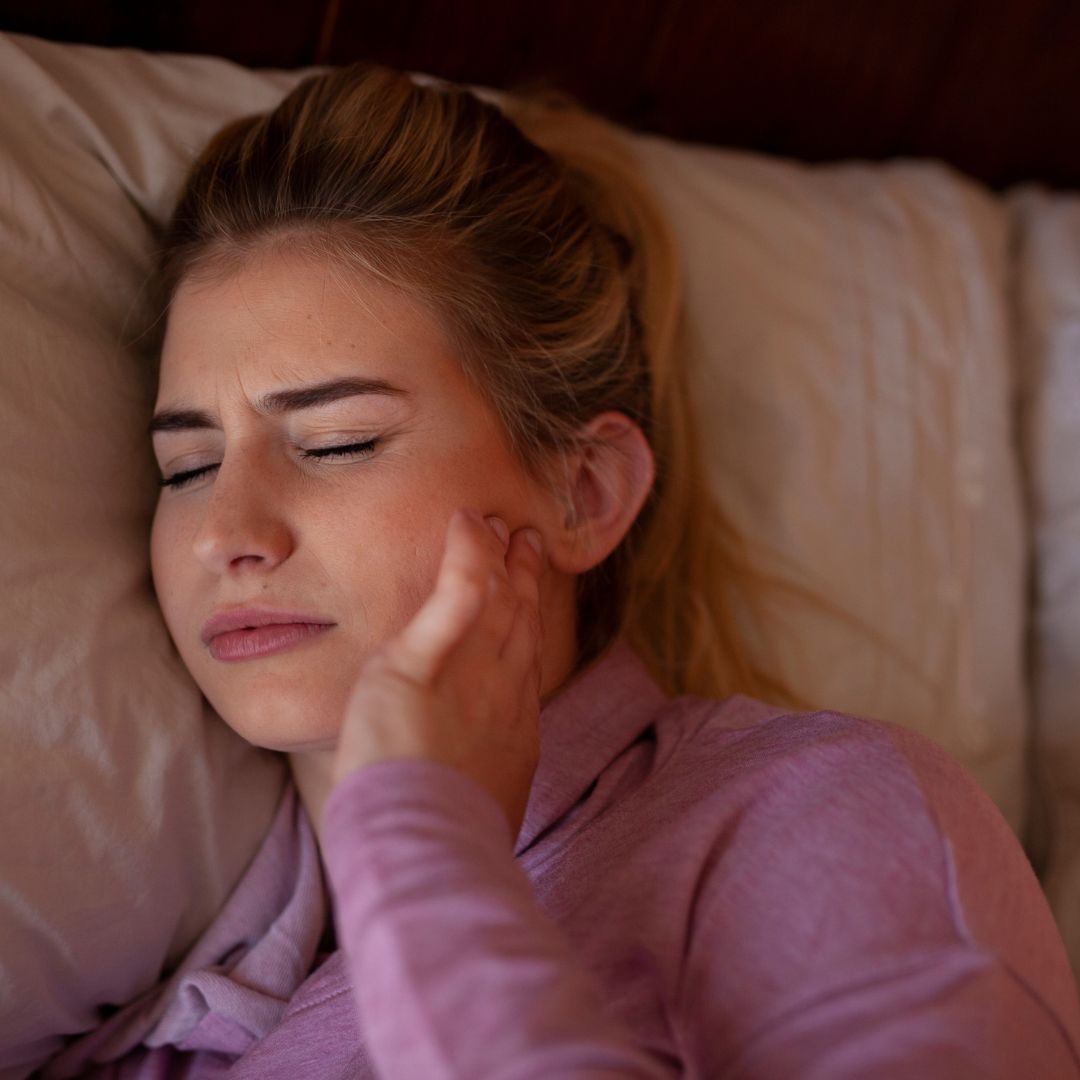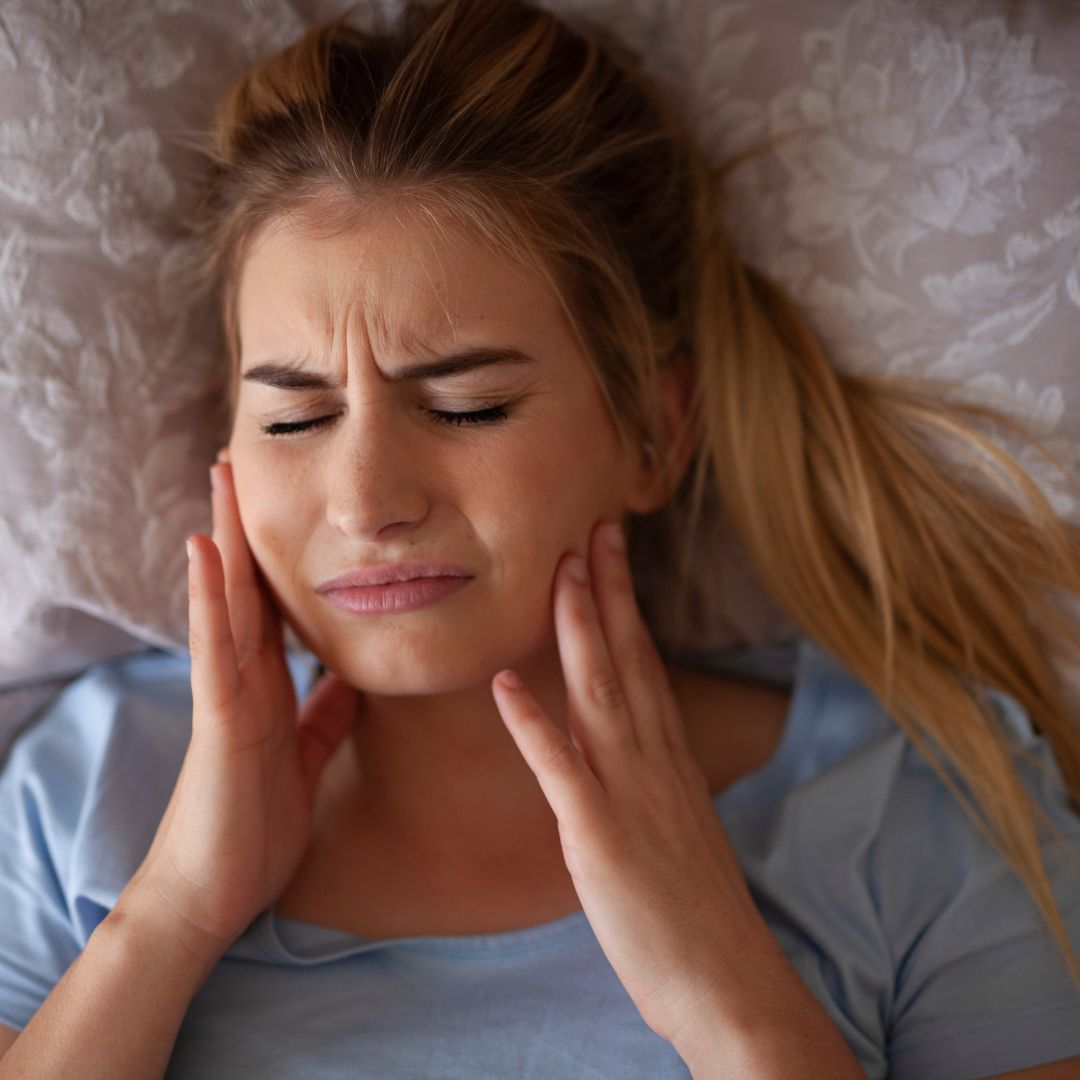TMJ and Disorders

I've been experiencing clicking in my jaws when I open my mouth wide. Will I have lockjaw or TMJ?
Clicking in the jaw joint when opening your mouth wide can be a symptom of a temporomandibular joint disorder. It is a condition that acts on the temporomandibular joint (TMJ) and the muscles that authorize jaw movement.
Temporomandibular Joint Disorder can show symptoms like aching or tenderness in the jaw joint. It also causes popping sounds when opening or closing your mouth. You might find it hard to open or close your mouth and experience headaches. However, not everyone with TMJ will develop a lockjaw. Lockjaw, which is also called trismus. It is a state in which the jaw muscles cramp up, resulting in the jaw being locked in position, making it difficult or sometimes impossible to open your mouth. This is an occurrence in rare cases and is not a common symptom of TMJ.
Occasionally, if I open my jaws, I can't close them unless I manipulate them. Is this normal or related to TMJ?
No, it is not normal to experience discomfort when closing your jaw after opening it. This could be a symptom of temporomandibular joint disorder (TMJ), a condition that affects the joint in the jaw and the muscles that administer jaw movement.
If you experience clicking sounds while opening or closing your mouth, acute pain or tenderness in the jaw joint, and headaches. Also, find it hard to open or close your mouth, It is crucial to consult a dentist to receive a proper diagnosis and address both your teeth and jaws. Ignoring and not treating in time can become a chronic problem


My partner says I grind my teeth at night. I wake up feeling sore around my jaws. What should I do?
These look like the signs of bruxism, a medical term for teeth grinding, which is common during sleep but can occur regardless of day or night and can lead to stiffness, along with pain in the jaw, worn-out or damaged teeth. It can potentially result in tenderness or discomfort in the head, neck, and upper back.
Please watch out as this could be one of the indicators of sleep apnoea, a condition where your breathing is hampered during sleep and could result in obesity, hypertension as well as other cardiac conditions. Faulty dietary habits too could be a cause for this.
You should consult a dentist for bruxism, who might recommend wearing a nightguard or splint while sleeping.
Please contact your dentist for a bite correction and a bite guard. Sleep apnea will require Interdisciplinary work with a team of doctors treating you.
I tend to clench my teeth when I'm tense. Will this cause any harm to my teeth or jaws?
This is a form of bruxism, and yes, clenching your teeth when you are tense can cause harm to your teeth and jaws, which could lead to a range of dental problems.
Continual practice of this habit of clenching your teeth can cause your tooth enamel to wear down, and your teeth to fracture and make your teeth more susceptible to decay. It can lead to generalised bone loss, jaw stiffness and headaches, even leading to TMJ. Also, it could even change the shape of your face due to the hyperactivation of your facial muscles.
To conquer stress, you must practice relaxation methods like meditation, deep breathing, or yoga.
Please contact your dentist for a bite correction and a bite guard
